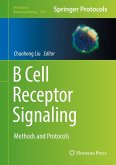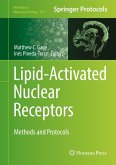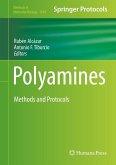This volume provides a collection of protocols for studying and manipulating VEGF signaling pathways in vitro and in vivo, and in particular, aims to present a range of both firmly established and newly emerging technologies, including those that are amenable to aiding in drug discovery or pre-clinical investigations. Each of the three sections begins with an introductory overview followed by supporting relevant methods. A major advantage of this book is that each chapter not only contains methodological detail rarely seen in other literature, but also contains a section on key notes and troubleshooting advice. Part I focuses on quantification of specific VEGF and VEGF receptor isoforms, beginning with a summary on VEGF splice variants, their function, and their regulation. Part II relates to the study of VEGF dependent signaling in vitro, starting with a comprehensive overview of VEGF-mediated signal transduction in the cardiovascular system that highlights recent discoveries in the field. Part III first details genetic mouse models, then discusses techniques for studying physiological angiogenesis in the developing mouse embryo. Written in the highly successful Methods in Molecular Biology series format, chapters include introductions to their respective topics, lists of the necessary materials and reagents, step-by-step, readily reproducible laboratory protocols, and tips on troubleshooting and avoiding known pitfalls.
Cutting-edge and thorough, VEFG Signaling: Methods and Protocols is a useful tool for researching and understanding the basic biology of VEGF signaling, and translating it into the clinic.
Dieser Download kann aus rechtlichen Gründen nur mit Rechnungsadresse in A, B, BG, CY, CZ, D, DK, EW, E, FIN, F, GR, HR, H, IRL, I, LT, L, LR, M, NL, PL, P, R, S, SLO, SK ausgeliefert werden.









